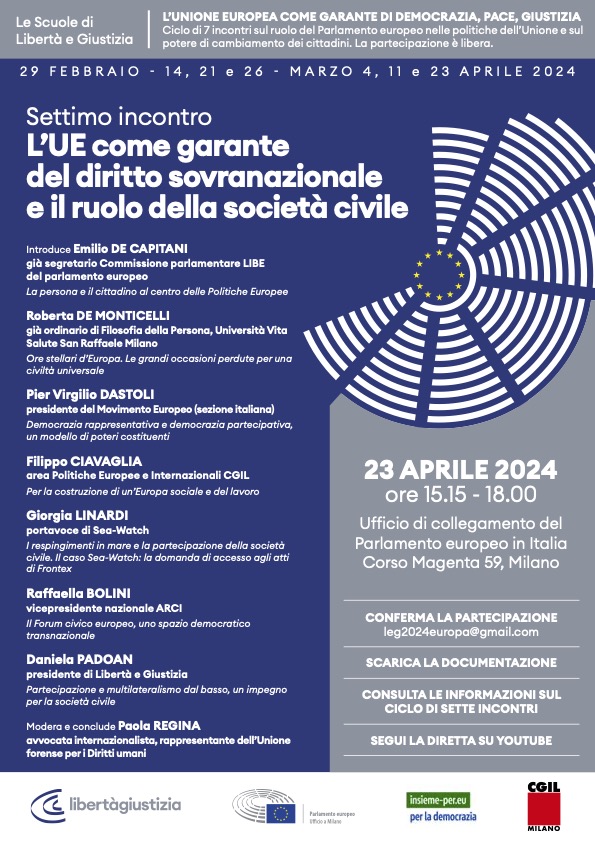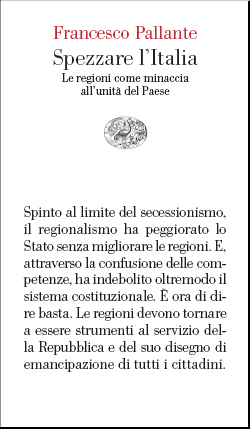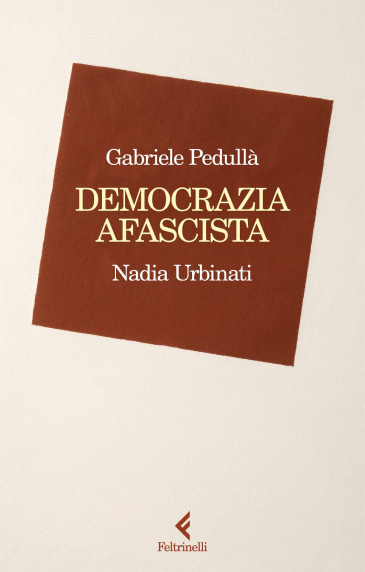Academic freedom is under fire in Hungary. The proudly “illiberal” government of Prime Minister Viktor Orban has introduced legislation that attacks the Central European University (CEU) by stripping it of its legal legitimacy and autonomy and its academic freedom.
The legislation, which passed on Tuesday, takes the form of an attachment to an anti-immigration bill. It not only makes it illegal for CEU to operate as an American university in Hungary but also regulates the movement of students and faculty for vaguely worded “national security reasons,” placing the international character of CEU’s student body at risk. There is no evidence that CEU has committed any legal offense or that members of its community are engaged in subversive activities.
The CEU was founded in 1991 and educates roughly 1,500 students from 117 nations in master’s and doctoral programs. It has more than 450 faculty members, drawn from every quarter of the world — many from Hungary. CEU graduates have become leaders in their homelands and in Hungary. CEU has become one of Europe’s premier houses of learning and discovery in the social and behavioral sciences. It even opened a new 40-million-euro building downtown. It has a new rector-president: Michael Ignatieff, a distinguished Canadian scholar and public servant. The CEU wants to go on with its work developing knowledge in Hungary; it is proud to be recognized not only as an American university but also as a Hungarian university. Its faculty is one of the most rewarded and highly recognized in Europe.
Let’s not sugarcoat this attempt at purging CEU. This is nothing less than an attack rooted in a xenophobic nationalism and an anti-intellectual mistrust of the conduct of free inquiry, research and teaching. The crackdown on CEU is part of Orban’s larger crackdown on nongovernmental organizations and freedom of expression. In October, Hungary’s biggest opposition newspaper, which was critical of Orban, was shut down. The government has also pledged to tighten its grip on foreign-backed NGOs.
Academic freedom and free inquiry are not negotiable. They lie at the very foundation of great universities. Without a deep, abiding commitment to these two core values, any great university will descend into mediocrity. The university is built on the essential belief that autonomy from external government pressure and government intrusion into its governance is indispensable to developing the most complex and new ideas and subjecting them to rigorous transparent criticism from peers. Only with freedom and autonomy can knowledge grow and future generations be properly educated.
If we allow CEU to be controlled exclusively by the Hungarian government and lose its international status and autonomy, all universities in Hungary will suffer. For this to take place within the European Union is unthinkable. It will set a precedent that will prevent higher education from flourishing. Take away a university’s right to select its students and the most qualified faculty, contest the received wisdom of our time, be a critical voice against existing social and economic arrangements, and you no longer have a free university in a democratic society. The purging of the basic features of academic freedom at CEU would create a wasteland out of a fertile intellectual soil. Hungary would no longer attract great faculty minds, nor would exceptional students from around the world want to come to Hungary to learn. There is therefore much to be lost if CEU is forced to defend academic principles of freedom by becoming a university in exile.
The legislation proposed by the Orban government has implications far beyond Hungary. Governments with authoritarian tendencies that stoke intolerant nationalist sentiments tighten their grip by repressing the freedom of universities, suppressing a press committed to free expression and violating the autonomy of its legal systems. Many of us have been there before — Europe under fascism, the United States during the McCarthy period.
This effort to crush the autonomy and freedom of a distinguished institution of higher learning cannot be permitted to succeed. It must be resisted in open and courageous ways, for if it is not stopped, where will this all end?
The Washington Post, 4 aprile 2017
(*) Leon Botstein is president of Bard College; Carol Christ is provost and chancellor-designate at the University of California at Berkeley; Jonathan Cole is a professor and former provost at Columbia University. They are members of the Central European University’s Board of Trustees, of which Botstein is chairman.








